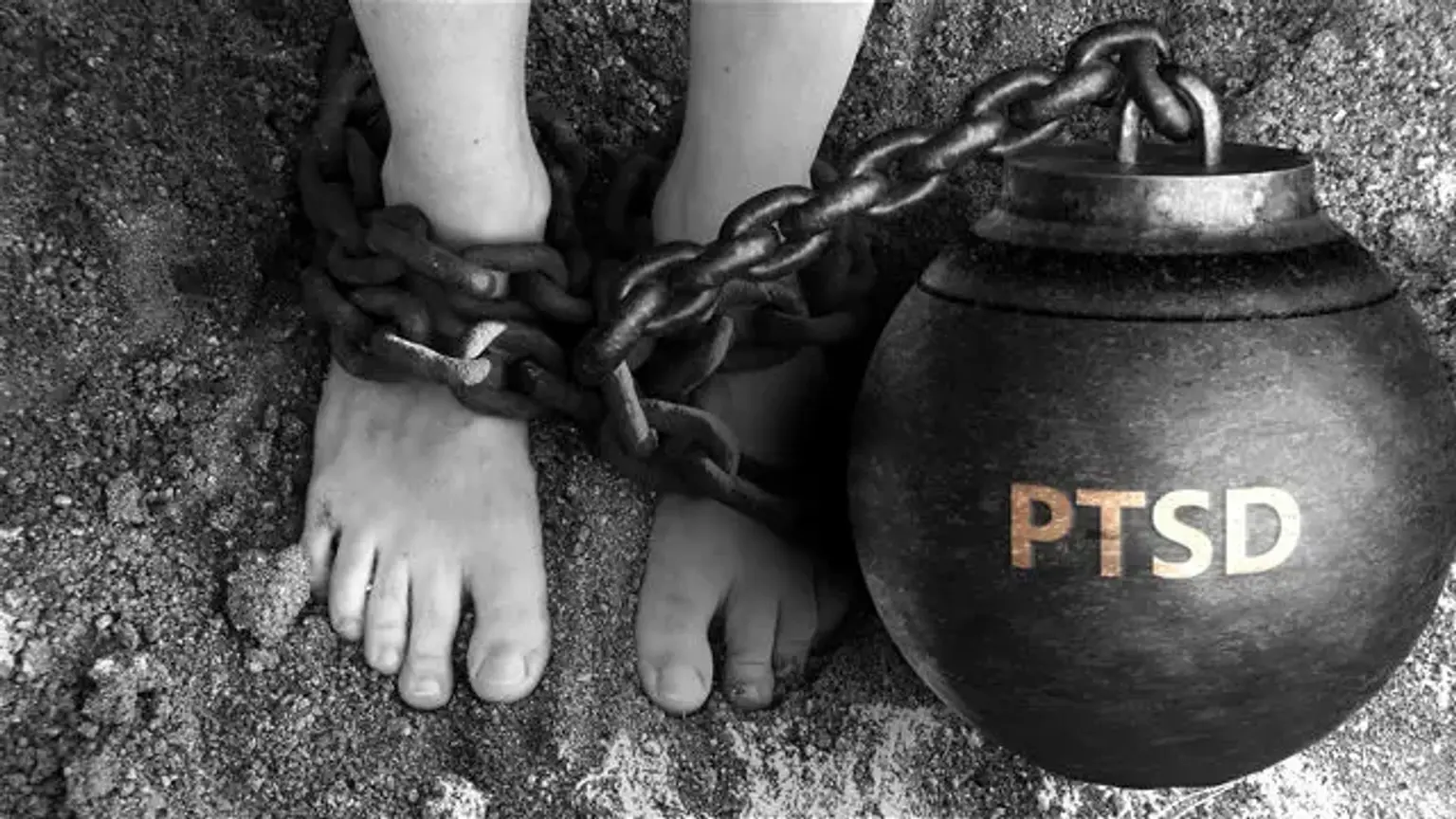Every professional now calls for a better environment for better mental health, either a work environment or a studying environment.
The whole world now is aware that mental health is just as important as physical health. In fact, many doctors and scientists confirm that mental health can affect one's physical health significantly. For example, conditions such as anxiety, depression and stress can affect mental health as well as disrupt one's daily life.
It can affect daily living and relationships as well as physical health. The problem is that this link can work the other way around. In other words, factors in one's life, relationships and physical factors can all contribute to the disruption of mental health.
Taking care of your mental health can preserve your ability to enjoy your life. It can be achieved if you maintain a balance between life activities, responsibilities and the efforts exerted to achieve psychological resilience. That's why the whole world now has gained a great deal of awareness about mental health.
The term mental health is so commonly used right now, however, many psychological conditions have physical roots, that's why psychiatrists always recommend excluding the physical possibilities first.
